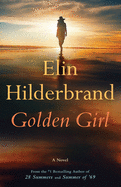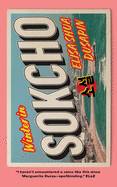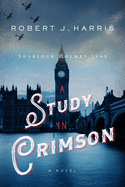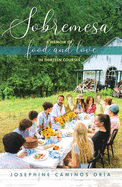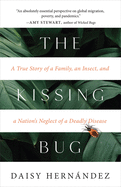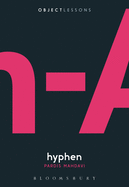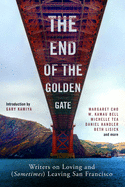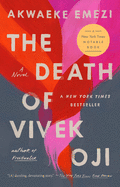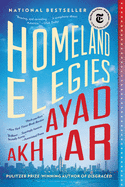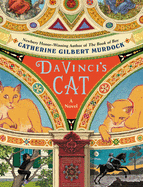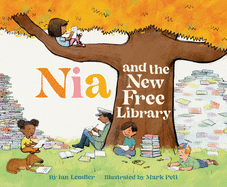 |
| (photo: Pauline St. Denis) |
Tia Williams is the author of The Accidental Diva, two young adult novels and The Perfect Find, which won the 2016 African American Literary Award for Best Fiction. The Brooklyn-based Williams served as beauty editor at Elle, Glamour and Essence magazines, and created the popular blog Shake Your Beauty. Set in contemporary New York, her vibrant new novel, Seven Days in June (Grand Central Publishing, June 2021), features two authors wary of falling in love after a false start in their teen years. Tender as well as laugh-out-loud funny, the story is steeped in the power of reinvention and explores why, when an old flame comes knocking, it's best not to ignore the call.
You've said the inspiration behind Seven Days in June was Romeo and Juliet. How did you develop your main characters, Eva and Shane?
Romeo and Juliet were huge inspirations for Eva and Shane! I really wanted to dive into the idea of dysfunctional teens as adults--what happens to them? Do you ever recover from childhood traumas? Does true love have an expiration date? How many totally functional-seeming, got-it-all-together adults are walking around with hidden pasts and tortured secrets? Eva and Shane were born out of these questions. Since all my protagonists are inspired by some dimension of my personality (lol)--and writing about what you know is, in fact, a great idea--Eva and I have a lot in common. (Full disclosure: I'm a writer and single mom of a 12-year-old living in Park Slope, Brooklyn, with lifelong, debilitating migraines and a mother who is Black Creole. But she's nothing like Eva's mother, Lizette!)
Shane is off the charts sexy, as well as a phenomenally successful author. He's funny and romantic yet also divinely dark and broody. Do you know anyone like Shane?
Shane was pure fantasy! I loved dreaming up a man who carefully constructs his life so that he has no ties whatsoever--and watching it all unravel as love creeps in. He's a combination of every misanthropic guy I've ever known--a grumpy, restless loner too wrapped up in their own misery to understand their selfishness. But I wanted him to have a big heart, and a past to explain it all. And growth!
Eva's chronic migraines impact every single aspect of her life. What do you want readers to understand about this debilitating illness and the effort it takes to function despite severe pain?
Living with chronic pain is something you're aware of every minute of every day of your life. It's louder than anything else in your world. Plus, it's invisible, so you're fighting a battle that most people don't see (or even believe). Migraines aren't headaches, they're full-body pain assaults. The courage it takes to push through regular activities--like walking up the stairs or brunching with friends or playing with your kid--is monumental. Truly, it's a battle not to just give up and stay in bed forever.
Do you share Eva's French Louisiana Creole history and fear of water bugs?
I do. WATER BUGS HAUNT MY DREAMS. And my mom is a Chevalier from Cane River, Louisiana--an extremely old, culturally vivid, gorgeous Creole town where everyone is related, and the roots are deep, deep, deep. There are only about seven to 10 last names there. And everyone can trace their lineage back to the same antebellum duo, a French plantation owner and the enslaved African woman who bore his children. It's a fascinating pocket of American history.
A stunning love story, Seven Days in June also confronts the challenges of growing up in neglectful home environments without adults to turn to for guidance and support. To what extent is Shane's literary genius a byproduct of his unstable childhood?
Shane was always alone, lost in his thoughts as a kid. He had no parental figures, or siblings or friends, it was just him against the world. I think that because he peered into the world as an outsider, it made him notice details about humanity that usually go unnoticed. Which is where his literary genius lies. And he's a romantic. Not in the flowers-and-chocolate way--in the way that he romanticizes the world. He took Eva's tracing the infinity sign on his skin to help him sleep and dreamt up a character called Eight. He sees everything.
Eva's expertise at crafting steamy sex scenes in her books has nothing to do with her actual celibate life, a fact she has to hide from her adoring fans. That's a lot of pressure!
I always wondered if George R.R. Martin was sick to death of the Starks. Or if Stephenie Meyer secretly loathed Bella and Edward. I thought it would be an interesting twist, having Eva write these sexed-up books with these fantastical characters beloved by the fandom--when, in reality, she hasn't had sex in years and actually wants her characters to die.
The New York literary world as portrayed in Seven days in June is full of glamorous parties, social drama and fabulously dressed people. Is that what it was really like pre-pandemic?
Well, I embellished a bit--but yes! Everyone definitely knows each other, and there are some hilarious, clever personalities. And endless gossip.
Eva is surrounded by powerful, joyfully rendered female characters, her pre-teen daughter, Audre, among them. How do you see Eva and Audre's relationship changing as Shane enters their world and as Audre grows up?
I definitely see their relationship growing and changing--now that a third person has joined their family, Audre and Eva's relationship has to shift. Audre is going to have to be comfortable with Eva having close "forever" ties with someone besides her. But, at the same time, as Audre gets older, she'll come into her own and start becoming more independent--and forging a life outside of the little bubble that she's created with her mom.
You're in the exciting process of turning your novel The Perfect Find into a movie. Has the pandemic impacted the project?
Yes! It's being made into a film for Netflix, starring Gabrielle Union. Covid has definitely put a pause on things, but it's going into production this year. Can't wait to see how it's brought to life for the big screen! --Shahina Piyarali
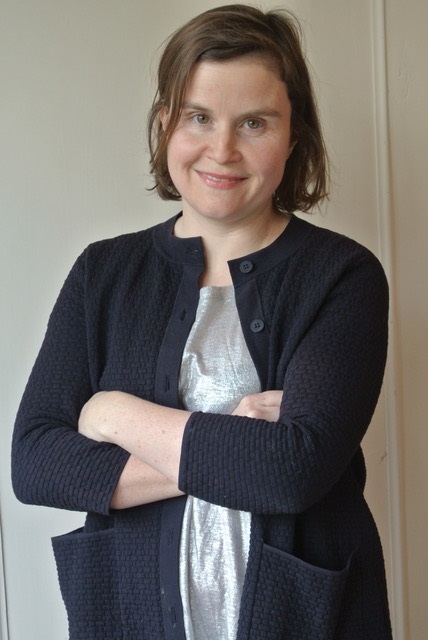
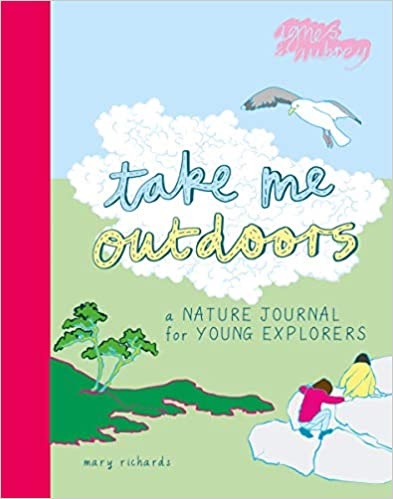 All this fed into Take Me Outdoors, which I hope will inspire parents, teachers and kids to go on some exciting expeditions. Some quick outdoor learning tips? Keep a log of activities. Observe closely and make detailed notes on where you've been and what you've spotted. Inspect plants, bugs, clouds, shells or trees, to learn about the natural world--why not create a collage with the objects you collect? Outdoors, you will explore with all your senses. While being careful, remember to touch, handle and feel; run, jump and play! --Mary Richards
All this fed into Take Me Outdoors, which I hope will inspire parents, teachers and kids to go on some exciting expeditions. Some quick outdoor learning tips? Keep a log of activities. Observe closely and make detailed notes on where you've been and what you've spotted. Inspect plants, bugs, clouds, shells or trees, to learn about the natural world--why not create a collage with the objects you collect? Outdoors, you will explore with all your senses. While being careful, remember to touch, handle and feel; run, jump and play! --Mary Richards


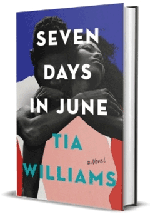


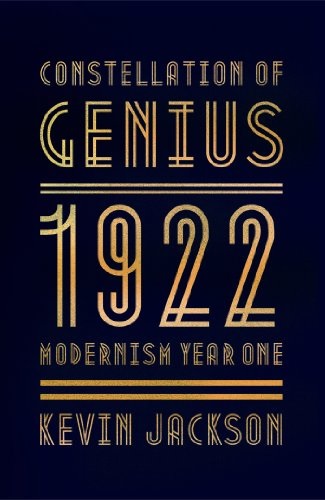 British writer Kevin Jackson, who "was the author or editor of some 30 books which, in their bewildering variety of subjects and genres, mirrored their creator's capacious mind," died May 10 at age 66,
British writer Kevin Jackson, who "was the author or editor of some 30 books which, in their bewildering variety of subjects and genres, mirrored their creator's capacious mind," died May 10 at age 66, 